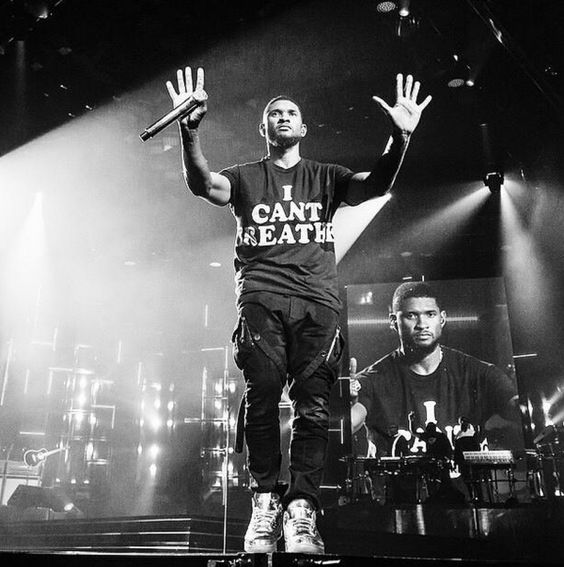Paul Camarda: Hip-Hop Creates a Platform For Activists |
David Cohen: Hip-Hop Uses Persuasive Tactics To Aid Social Movements |
Derrick Luster: Hip-Hop Is the Racial Bridge |
Ryan Paxson: Hip-Hop’s Christian Rhetoric Positively Shapes Social Movements |
Additional Readings about Hip-Hop and Social Movements |
For decades, hip-hop has been perceived as empty and lacking in thought, which has led to harsh criticism of it. However, hip-hop has also been effective in creating and expanding the awareness of various social movements, despite being an unorthodox way of doing so and often being overlooked as a successful means. As hip-hop has risen in popularity, so has a safe-haven for the expression of the oppressed. As opposed to other genres, it can speak volumes because it is a staple of youth and modern culture. Today’s generations see hip-hop being synonymously used with aiding social movements because it unconsciously communicates the message that their culture is accepted and can make a difference, which contradicts the common critique that modern culture (hip-hop in particular) usually receives. Hip-hop is celebrated throughout the world, and its span covers many demographics and ethnicities. In recent years, hip-hop has aided revolutionary democratic movements in Africa, the Middle East, and South America, showing that the impact and influence hip-hop has had in no way has been isolated to America.
Hip-Hop originated in the margins, coming from economically depressed, socially oppressed areas with heavy African-American populations in South Bronx, New York. It was first created in the 1970’s “to combat frustrations of economic turmoil and racial discrimination”. While it became popular among minorities, it was generally disliked among non-minority communities due to its criticism of their discriminatory practices. This expression, as mentioned above, was once met with harsh opposition, but modern day hip-hop has had the ability to cause more widespread change due to an increasingly open-minded atmosphere surrounding social issues, with people of all backgrounds showing support for movements addressing all kinds of issues. The genre has evolved into one that is associated with social activism, and the fact that it has gone more public has greatly assisted its progress.
Hip hop is a vehicle for spreading awareness on social issues by making those issues more well-known to the audience. The artists express their opinions about the different social issues in their lyrics, which can echo throughout a community and cause positive change. What makes it especially effective, in addition to giving modern culture a voice, is that many of the artists were (and still are in many cases) directly impacted by the social issues that these movements work to spread awareness for. Many of them grew up in low-income backgrounds and in neighborhoods notorious for high crime rates. This allows for them to empathize with their listeners, bringing the message of the movements to a personal level as their music tell authentic stories of their experiences with gun and gang violence, political oppression, and general inner-city life. Recently, artists such as Snoop Dogg, Kendrick Lamar and Chance the Rapper have become figureheads for large scale social movements that have harbored many supporters and created awareness for these issues. Positive acknowledgements from known politicians and the use of outside-the-box communication techniques like religious rhetoric have also helped hip-hop gain traction and media attention for these movements.
